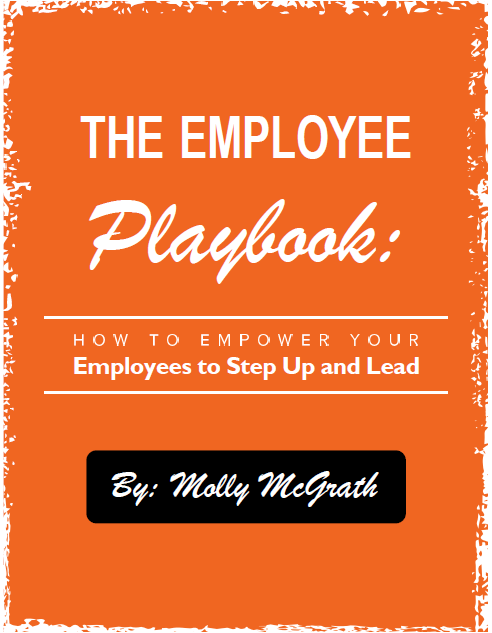
In this present moment, it’s not hard to see why resiliency matters. The combination of economic uncertainty, a raging pandemic, and palpable political tension will test anyone’s composure. It’s not just exceptionally tough times that demand a steady hand, though. Resiliency is a practice and getting good at it means nurturing a resilient character day in and day out—both when adversity is great, and also when it’s not.
Experts who study the subject conclude that a combination of genetics, personal history, environment and situational context dictate a person’s resiliency. Among these, personal history—or the quality of a person’s relationships, especially with parents and caregivers—is the most influential factor. Bessel van der Kolk, professor of psychiatry at Boston University, explains that, “how loved you felt as a child is a great predictor of how you manage all kinds of difficult situations later in life.”
However true this may be, all hope is not lost for those seeking to fortify their resiliency despite, perhaps, lacking the loving childhood known to boost the characteristic. Joel Milam, a professor at USC and subject specialist observes, “ultimately, the most resilient people are those who come into a trauma well prepared.” In this case, preparing means learning the character traits common to exceptionally resilient individuals.
Five Pillars of Resiliency
- A positive but realistic outlook. Individuals who manage adversity well are able to absorb negative information without dwelling on it and identify opportunities even when they are few and far between. They are able to shake off setbacks and focus on moving forward.
- Such folks also have a strong sense of right and wrong, and they trust this moral compass to guide their decisions. Off-loading some of the anxiety of decision-making to a solid set of principles not only saves energy, but also boosts confidence.
- In addition, resilient people tend to believe in a higher power. Often, this arrives as a religious or spiritual practice and thereby provides another source of strength: community.
- A further characteristic common to folks with an enduring character is altruism. Finding purpose in helping others nurtures resiliency by providing direction, even when one’s own personal circumstances might be overwhelming.
- Lastly, resilient individuals don’t cry over spilled milk. They accept what they cannot change and focus their resources on productive activities. This, in turn, nourishes their ability to find opportunity amidst adversity.
Taken together, these pillars characterize resilient people as mission-driven realists with optimistic leanings, a generous spirit, and dedication to community. In other words, the exact same qualities that make an outstanding business leader. Nurturing resilience, then, doesn’t just mean preparing to weather the next storm, it means building character that, in its very nature, supports the growth of your firm or business.
Resiliency is just one of many characteristics we help nurture and develop through our 66-Day Law Firm Turnaround program. Learn more about how this program can help you, your firm’s leaders, and your team members to become more resilient, more agile, more productive, and—ultimately—more profitable! Schedule a free discovery session by clicking the button below.

